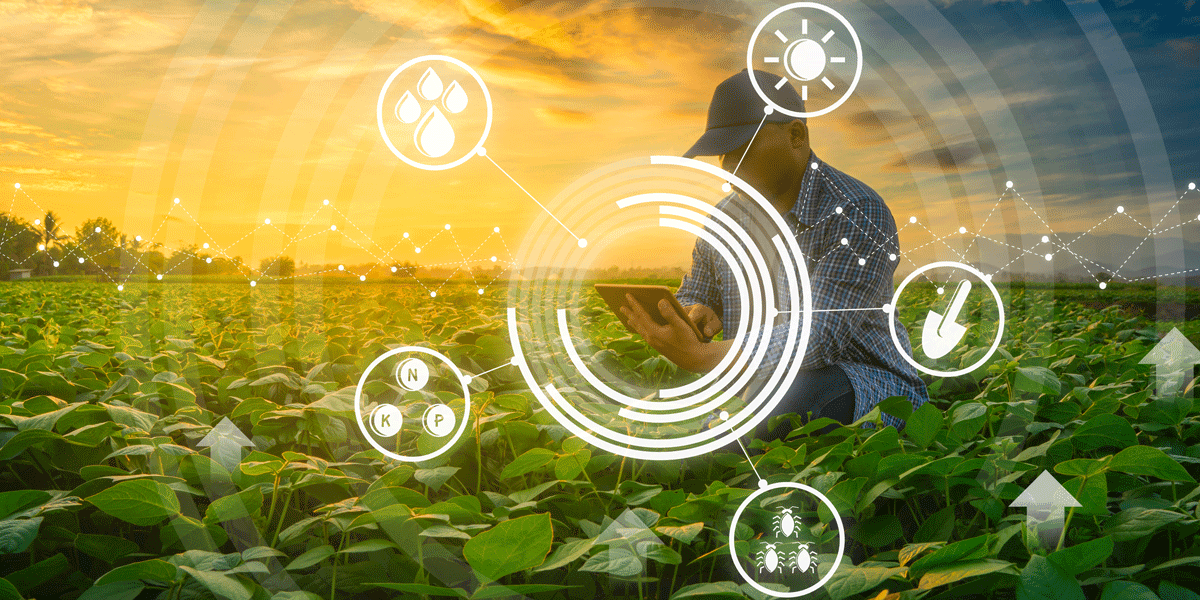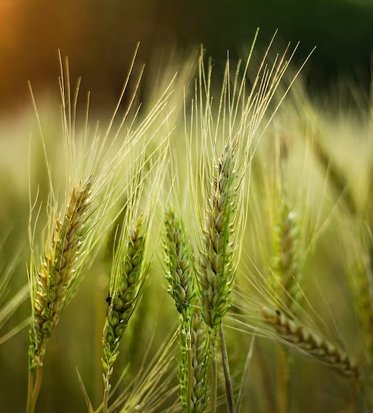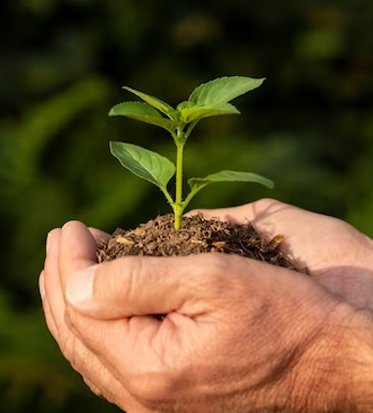Blog - One

28
AUGAgriculture Matters to the Future of World
In a rapidly changing world, agriculture stands as a cornerstone of human civilization, providing sustenance, economic prosperity, and environmental stability. As we look to the future, the role of agriculture becomes even more crucial, with several key reasons highlighting its significance in shaping a sustainable and thriving world.With the global population expected to reach nearly 10 billion by 2050, agriculture must ramp up production to meet the growing demand for food. Innovations in farming practices, technology, and crop varieties are essential to ensure food security for all.Agriculture is deeply intertwined with the environment, with farming practices impacting ecosystems, biodiversity, and climate change. Sustainable agriculture practices, such as agroforestry, organic farming, and precision agriculture, are vital for preserving natural resources and mitigating environmental degradation.Agriculture is a significant contributor to global economies, especially in developing countries where it is a primary source of livelihood for millions. By investing in agriculture, countries can spur economic growth, alleviate poverty, and create employment opportunities.The future of agriculture lies in innovation and technology. From precision agriculture and biotechnology to drones and artificial intelligence, technological advancements are revolutionizing the way we farm, making it more efficient, productive, and sustainable.In conclusion, agriculture is not just about growing crops; it is about securing our future. By prioritizing sustainable agriculture practices, investing in innovation and technology, and supporting smallholder farmers, we can create a future where agriculture thrives, and the world prospers.




